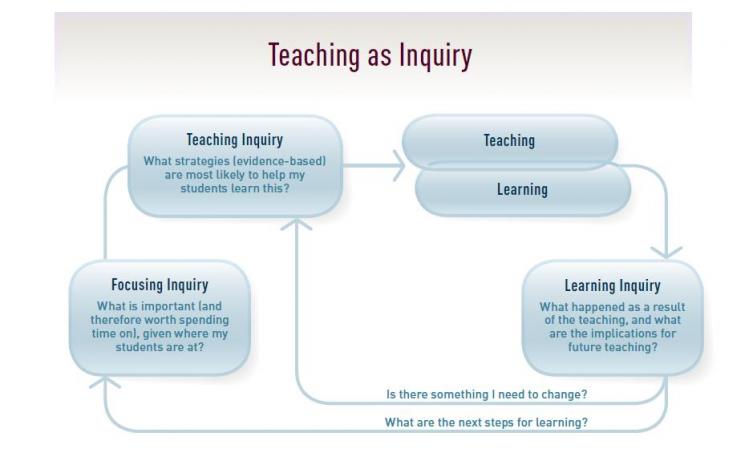To become familiar with the effective pedagogy section of The New Zealand Curriculum, and to consider how teachers help students to learn, by:
- sharing what we know about how we ourselves learn best
- reading and discussing what The New Zealand Curriculum says about how teachers can best help students to learn.
Welcome
Welcome the parents and families. Allow time for chat and perhaps offer refreshments.
Suggested approach
1. Whole group
Briefly describe the purpose of this workshop: "to consider how teachers help students to learn".
Revisit Vision: What we want for our young people
Pedagogy
- Every student brings valuable prior knowledge and perspectives with them when they come to school.
- Knowledge is co-constructed, not transmitted.
- Students are active partners in their own learning.
- Learning is a lifelong process.
Introduce the term pedagogy and its definition: teacher actions that promote student learning. Explain that parents are not expected to have teachers’ professional expertise, but a general understanding of the teaching approaches used in our schools can enable them to better understand and support the work that teachers do with their children.
Move into small groups to discuss how we ourselves learn best.
2. Small group
The lead parent asks the group:
- Talk about a teacher who made a positive difference in your life.
- What was it that made the difference for you?
- How did you learn best at school?
- How were you affirmed as an individual and a learner?
- How do you learn best now?
- How are your children learning?
- What do your children's teachers do to help them learn?
- How do you feel about your children's learning?
Start from what parents know – elicit some of the ways that they remember learning. Record this information.
You may choose to read the Tawa Intermediate snapshot or watch the video Te Awamutu.
The lead teacher explains that the national curriculum includes a section on effective pedagogy – how to teach effectively.
3. Whole group
Have the larger group reconvene to read and discuss The New Zealand Curriculum section on pedagogy. Emphasise the meaning of "we know what kinds of teaching work best because there has been a lot of quality research into teaching/pedagogy."
Look at the Teaching as Inquiry diagram.
Illustrate for the group by using a specific example from your school, how a teacher might follow the Teaching as Inquiry process when working with a particular group of students with particular identities and learning needs.
Now look at the other seven approaches on Effective pedagogy: Teacher actions promoting student learning:
- create a supportive learning environment
- encourage reflective thought and action
- enhance the relevance of new learning
- facilitate shared learning
- make connections to prior learning and experience
- provide sufficient opportunities to learn
- inquire into the teaching-learning relationship.
Brainstorm ways in which the parents may be able to support their children’s teachers in using these approaches. Record ideas. Teachers in the group could then comment on particularly useful ideas.
Review the key messages and make links between these and the approaches. For example, the approach "making connections …" reflects the message "every student brings valuable prior knowledge …".
Parents may like to plan a strategy, with their child’s teacher, to enhance the classroom programme or to support the teacher’s approach in working with their child.
Gather data
At the end of the workshop, invite group members to reflect on the experience. They could share:
- their general response to the workshop
- highlights of the workshop or issues that are priorities for them
- matters that they would like the group or the school to consider.
Keep it short and simple – about 5 minutes is fine.
Teachers could note anything new they have learned in this workshop about the parents’ views on what students learn and how. Parents could comment on any new understandings (or ask any questions) about what teachers do. Both groups could reflect on what the students said.
Farewell and follow-up steps
Thank the group for coming and for sharing. This may involve a whakataukī, waiata, or karakia. Convey a sense of enthusiasm and show appreciation of everyone’s input and commitment.
Reinforce the idea that home and school are a partnership in which both partners need some understanding of effective pedagogy in order to support students’ success at school.
Allow time for people to chat and share informally.
<< Back to community engagement workshops
Published on: 01 Apr 2020
Return to top

